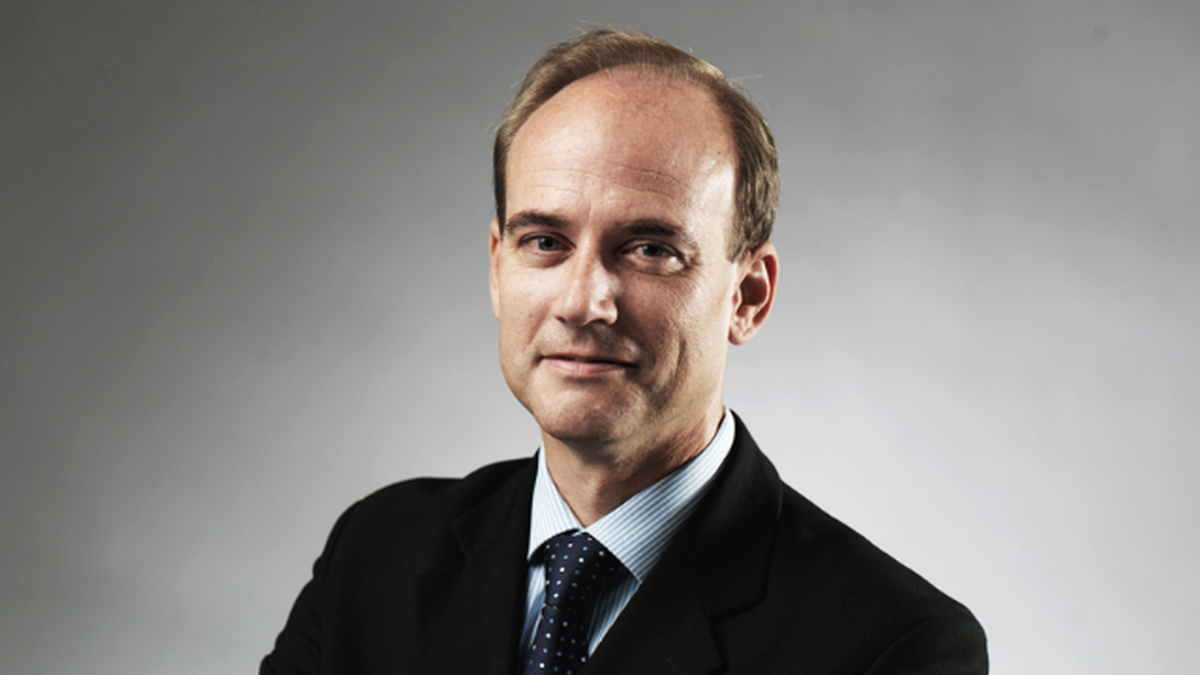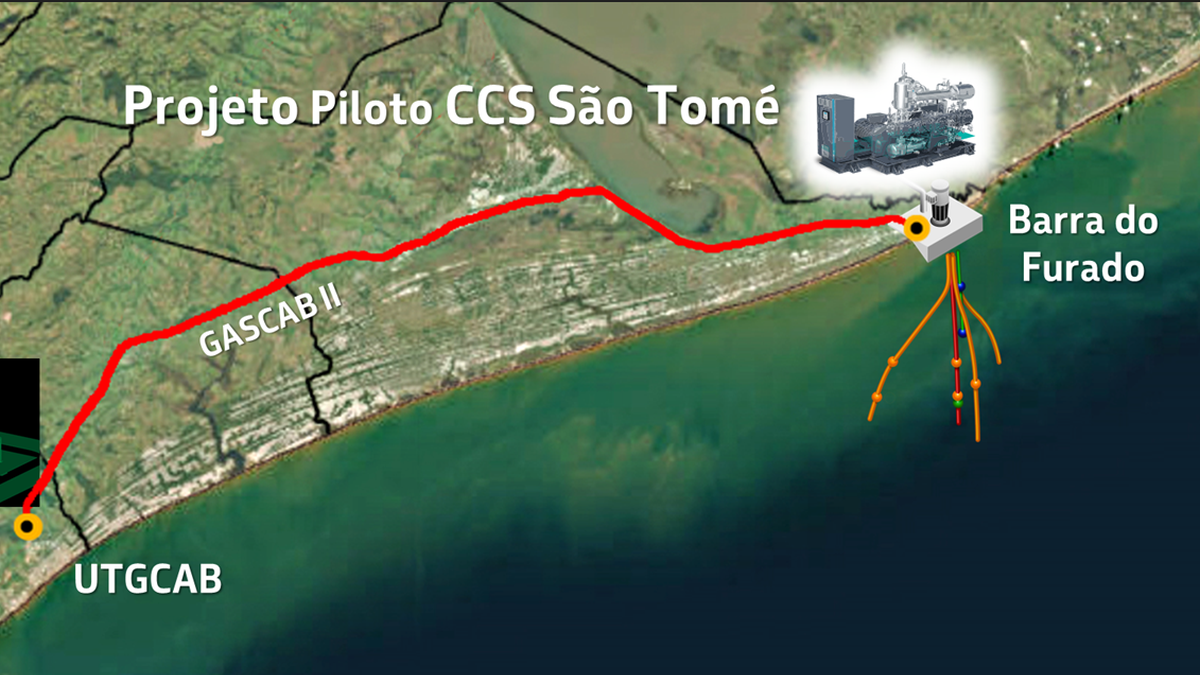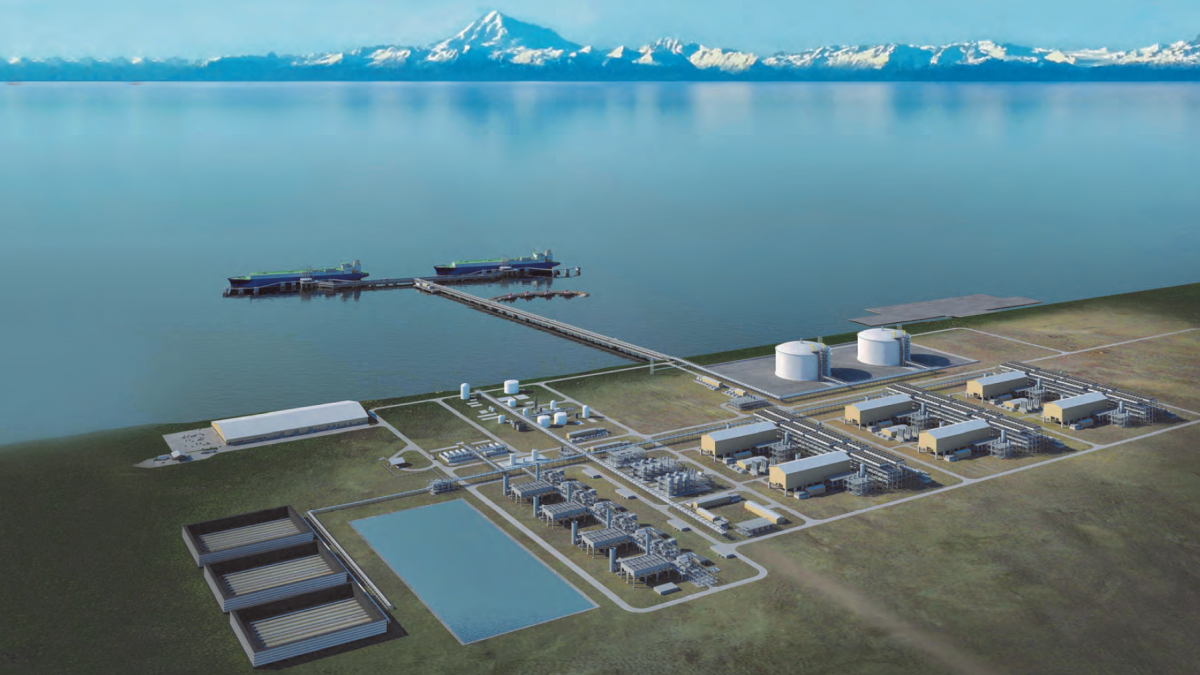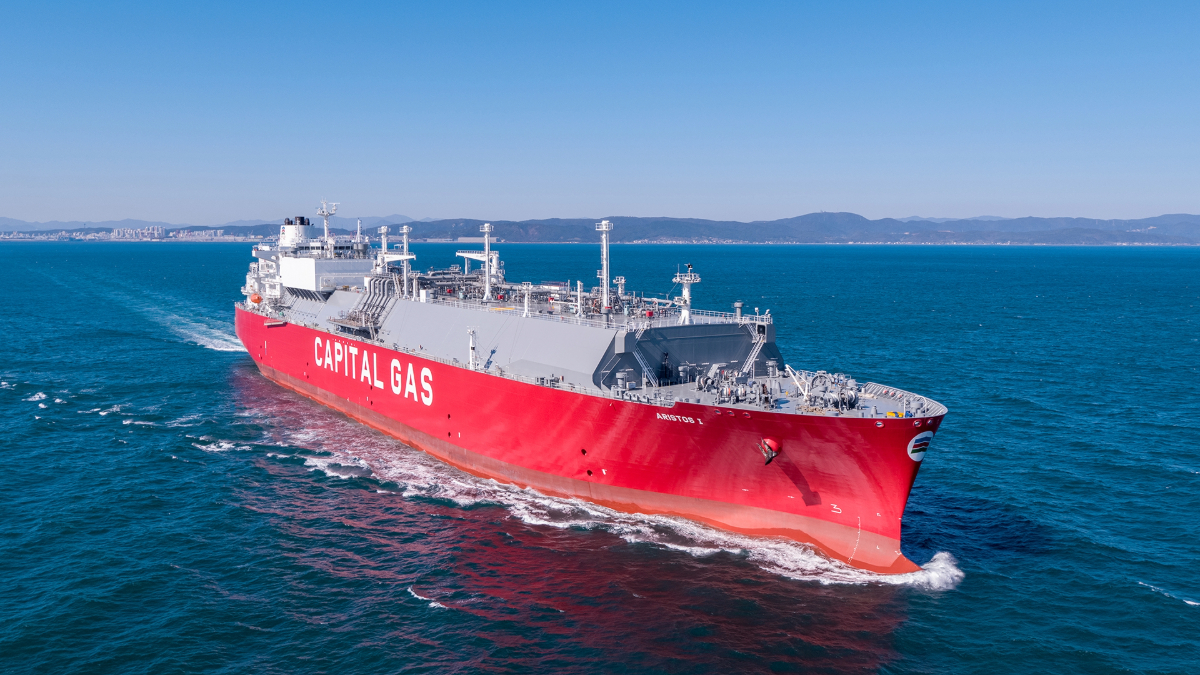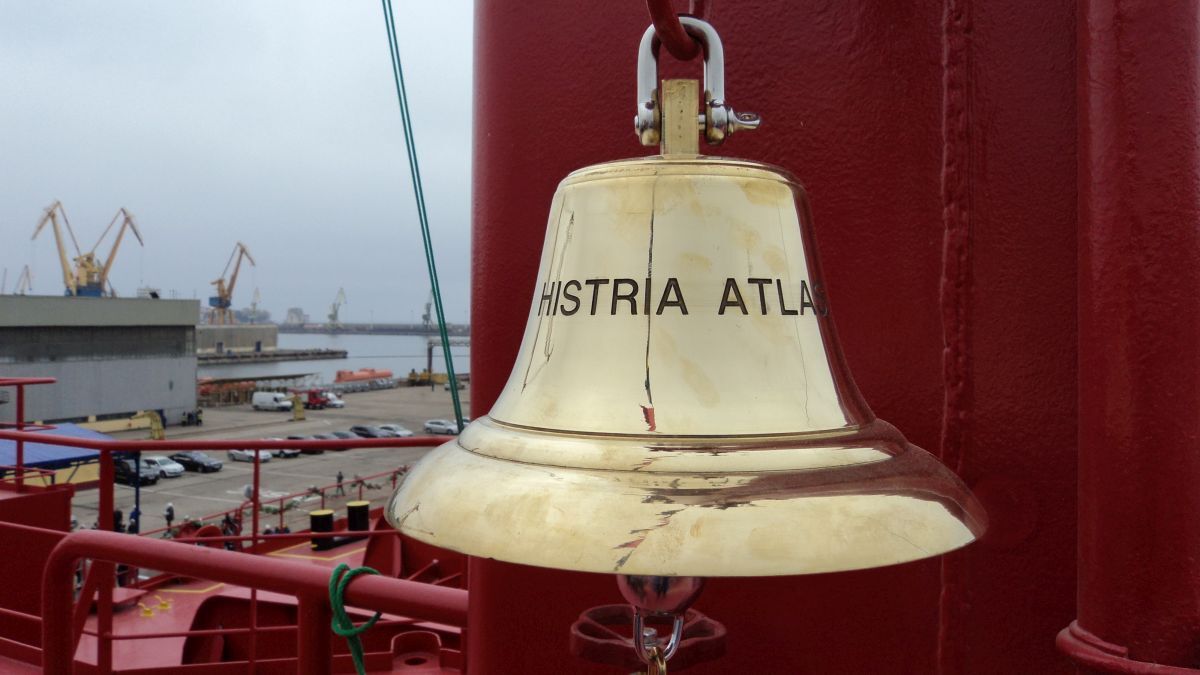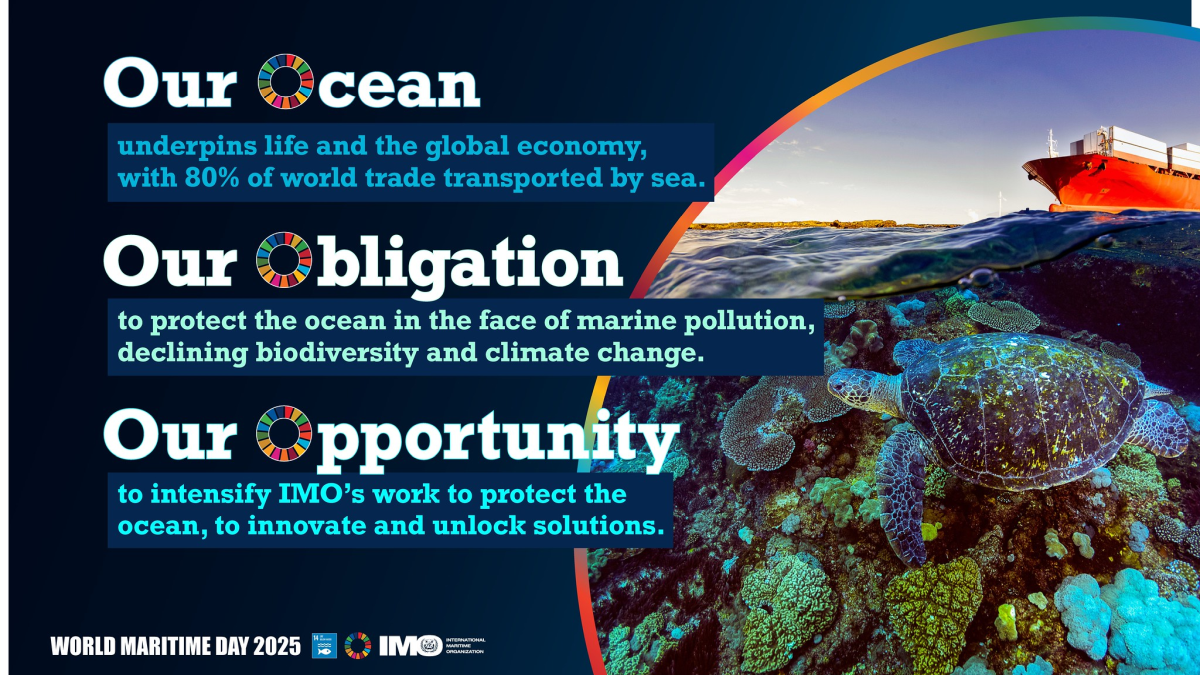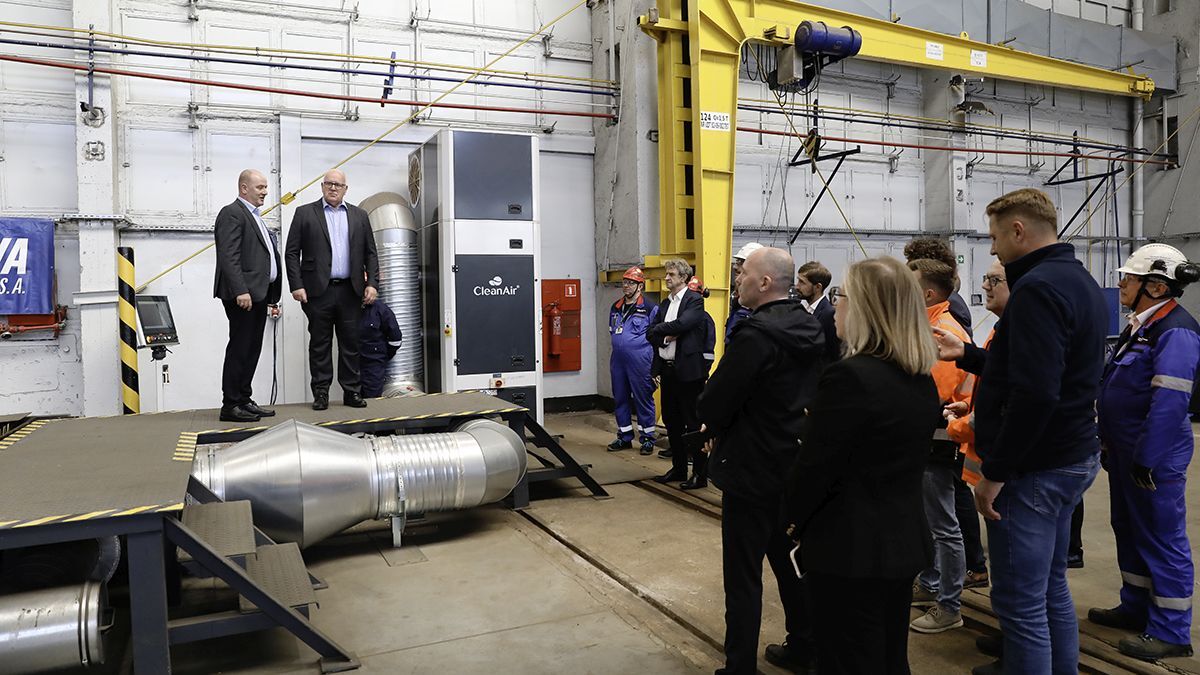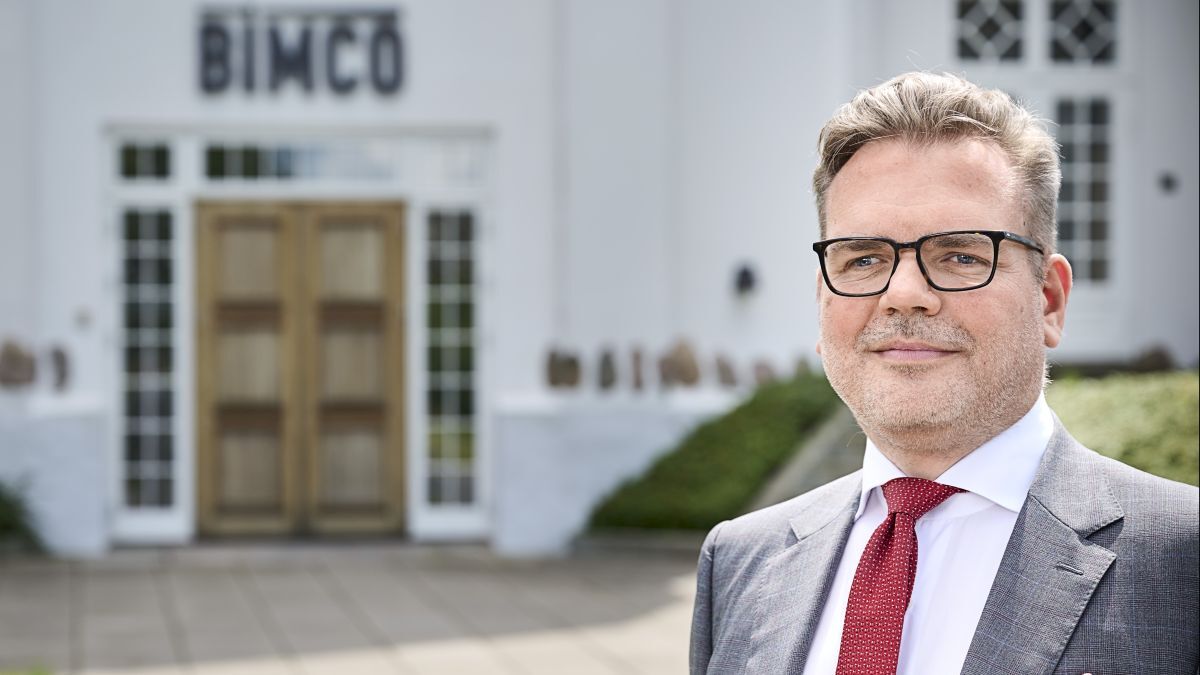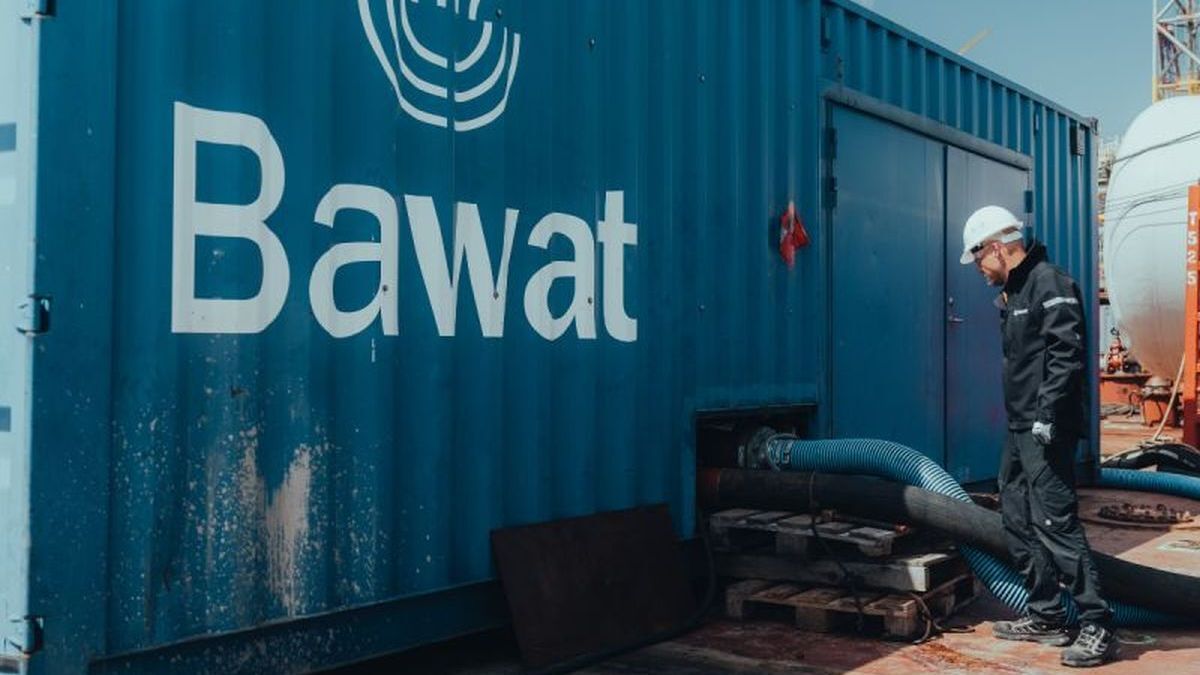Business Sectors
Events
Offshore Wind Webinar Week
Contents
A maritime decarbonisation reality check in Amsterdam
Despite a slowdown, shipping’s emissions remain dangerously high according to Marine Benchmark managing director Torbjörn Rydbergh
Fleet data points to a possible plateau in the maritime sector’s emissions trajectory, Marine Benchmark managing director Torbjörn Rydbergh rold Riviera Maritime Media ahead of his keynote presentation at Riviera’s Maritime Decarbonisation Europe Conference 30 September-1 October in Amsterdam.
The annual growth rate of emissions has slowed sharply from 5.4% in 2023 to just 0.6% in 2024-2025, the data specialist said, adding that container ships now produce the largest share of emissions, at 255 million tonnes (Mt), surpassing tankers at 239Mt and bulk carriers at 247Mt.
Mr Rydbergh’s presentation will make clear that despite this slowdown, emissions remain dangerously high. Only 12 to 13% of vessels expected by 2030 will feature new decarbonisation technologies. Current methanol and LNG infrastructure serves limited routes, while hydrogen and ammonia technologies remain commercially unproven at scale. Unless there is swift retrofitting, the majority of the global fleet, some 87-88%, will continue their reliance on oil-derived fossil fuels.
Mr Rydbergh will highlight that operational pressures have intensified due to geopolitical shifts. Container vessels rerouted around Africa face voyage extensions of 25-30%, with utilisation on the largest vessels falling from 80% to 60%, erasing years of operational gains.
Mr Rydbergh will also emphasise diverging investment trends. LNG-powered container and vehicle carriers lead new vessel orders, while bulk carriers remain almost entirely oil-fuelled. He will argue that these sector-specific gaps create uneven decarbonisation timelines that current regulations fail to address.
Financial factors compound these challenges. Environmental, social and governance criteria are increasingly restricting financing for conventional vessels while green alternatives remain costly and complex.
With just under 25 years left to reverse over a decade of emissions growth, Mr Rydbergh will stress that upcoming October MEPC meetings present a crucial opportunity. His analysis calls for urgent and focused policy actions targeting the existing fleet if maritime decarbonisation is to move from aspiration to concrete progress.
Torbjörn Rydbergh, Managing Director, Marine Benchmark will be presenting his findings on day one of Riviera’s Maritime Decarbonisation Conference, Europe which takes place 30 September - 1 October in Amsterdam. For more information and to secure your place visit the conference website here.
Related to this Story
Events
Offshore Wind Webinar Week
Maritime Decarbonisation, Europe: Conference, Awards & Exhibition 2025
Offshore Support Journal Conference, Americas 2025
© 2024 Riviera Maritime Media Ltd.


